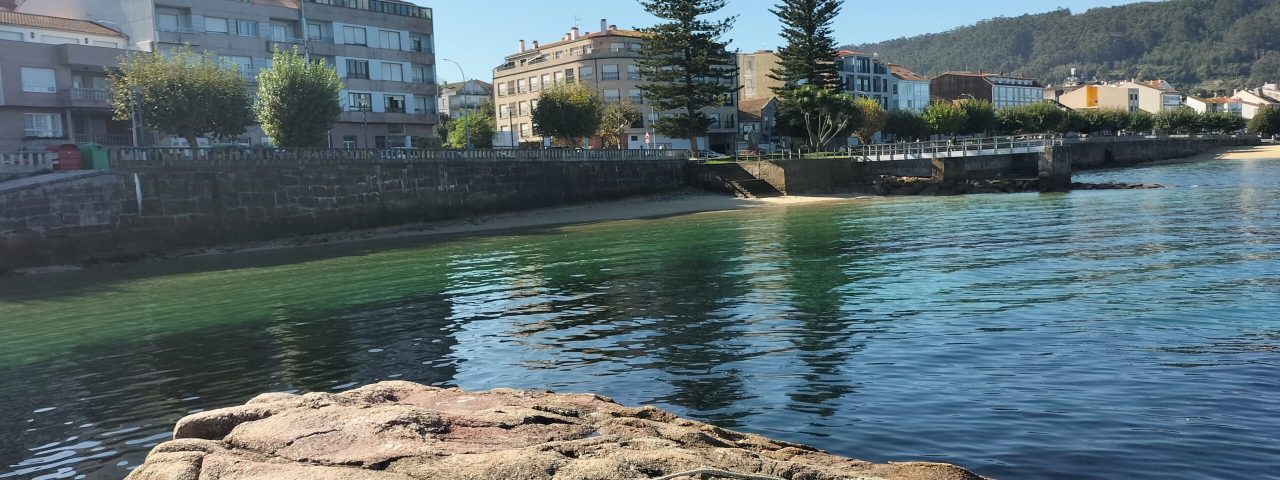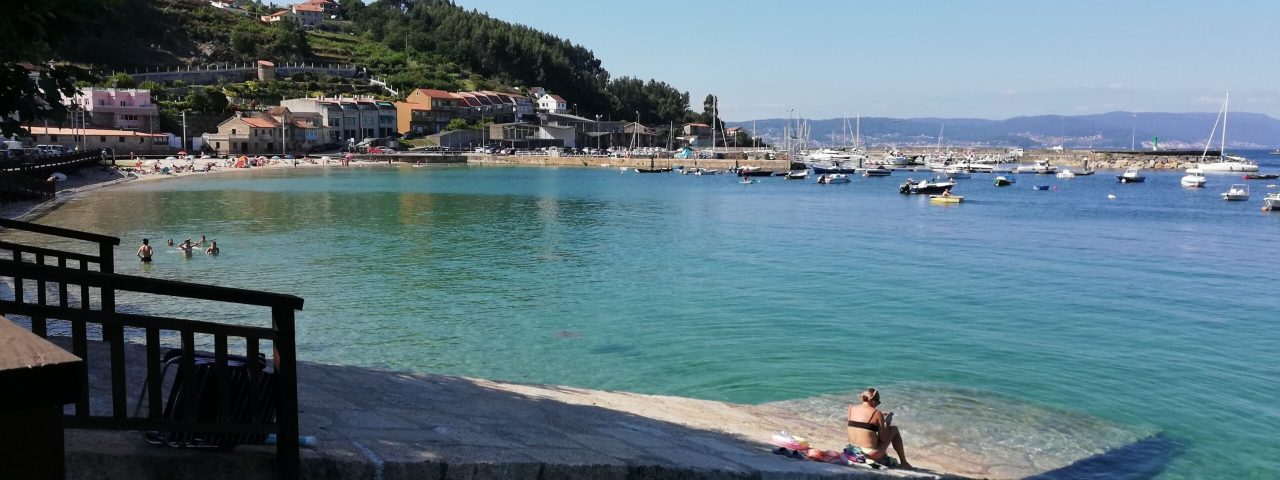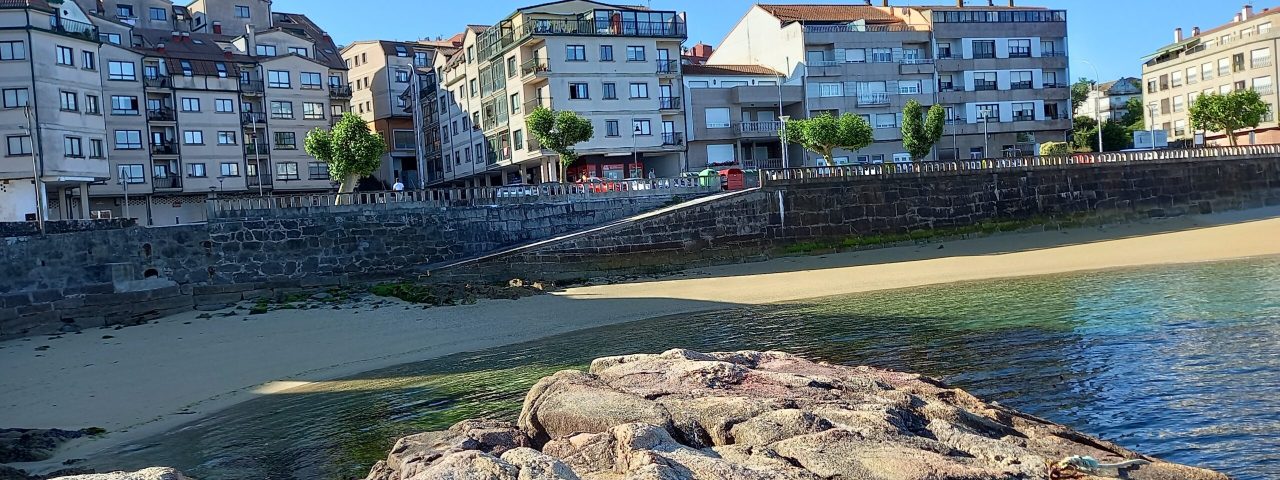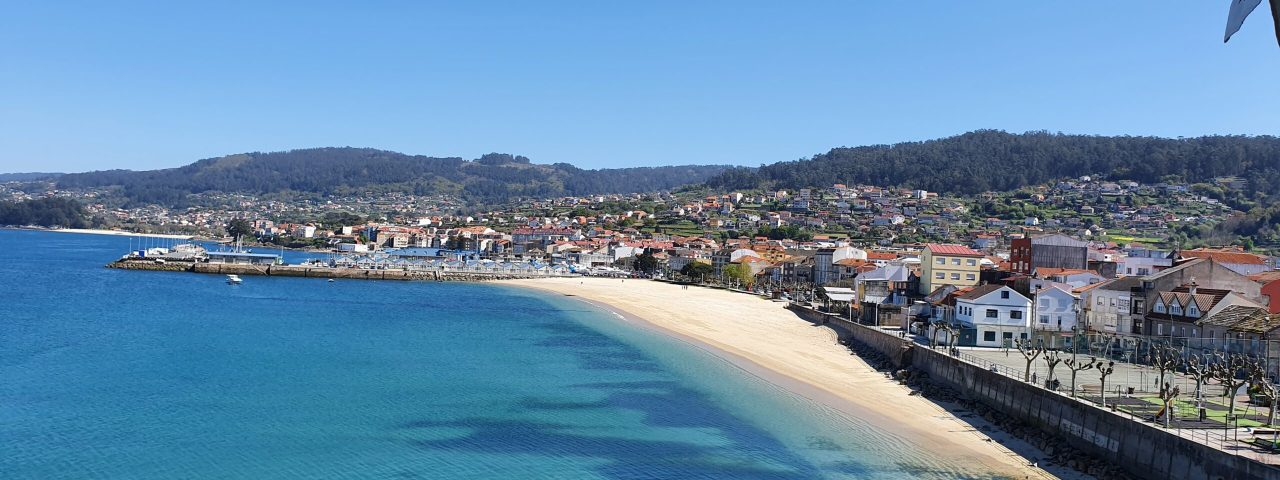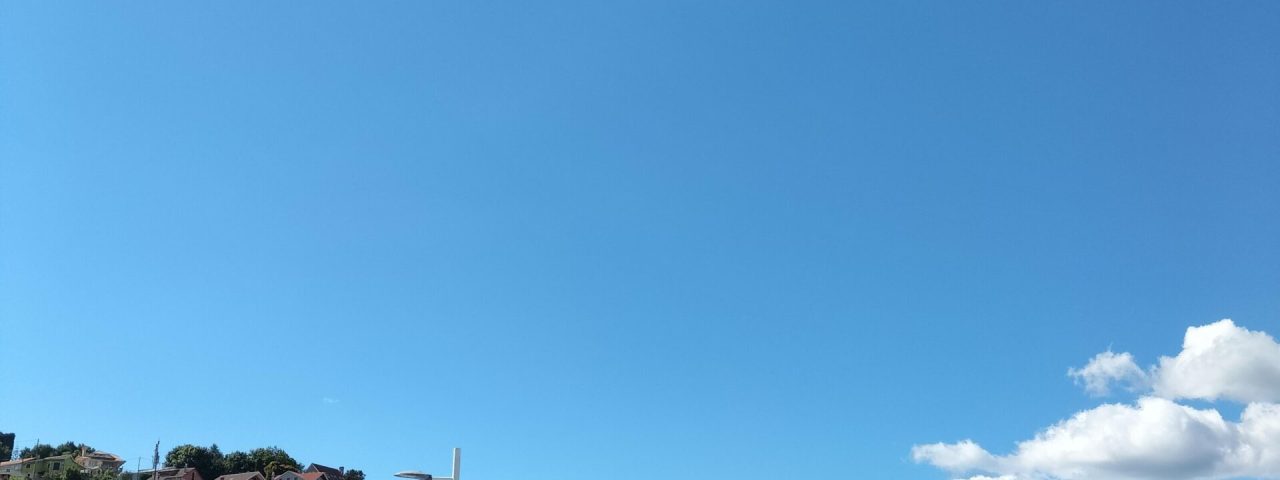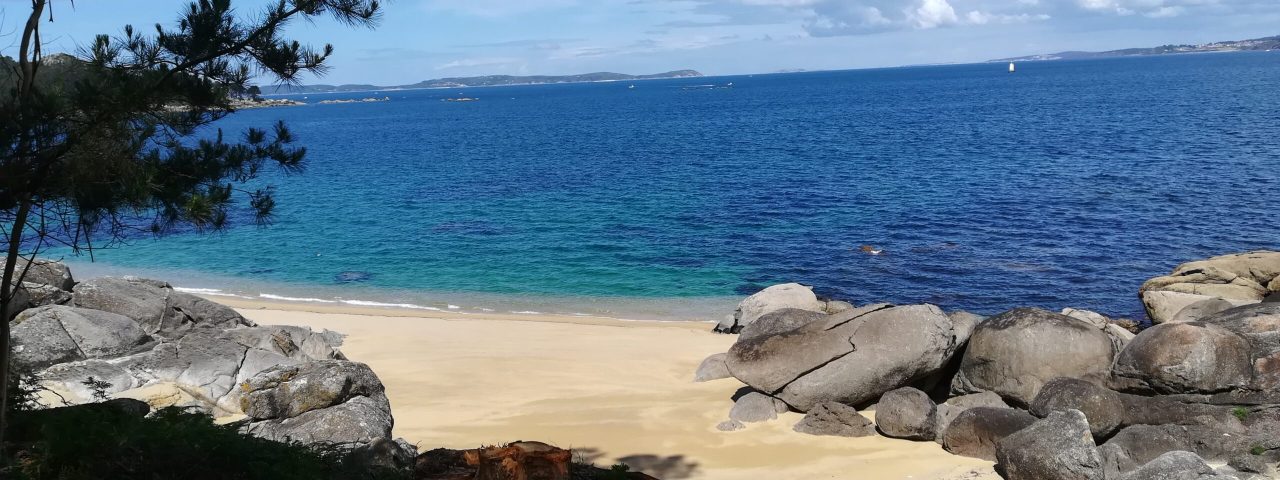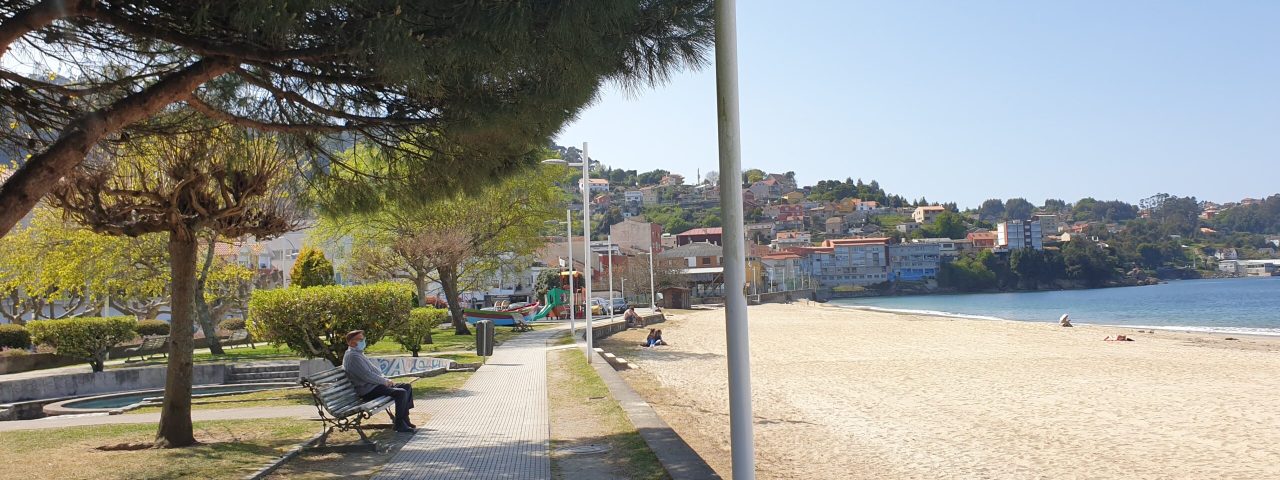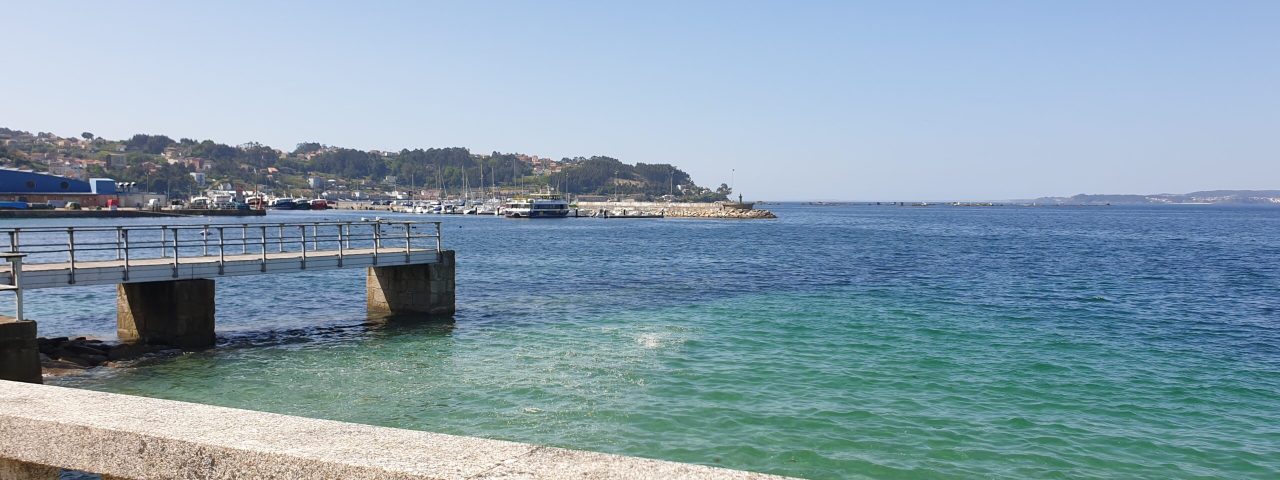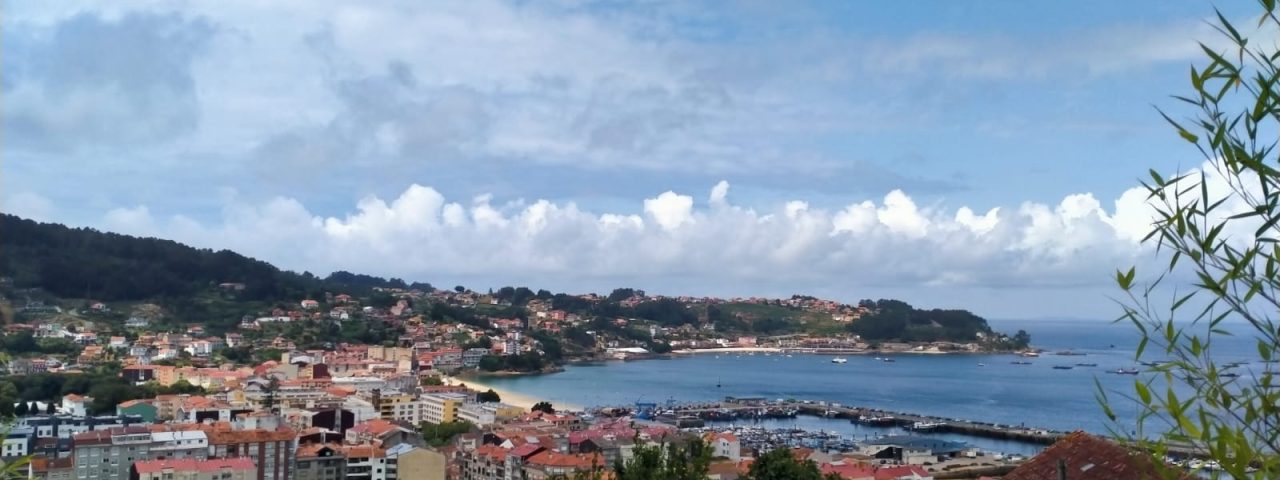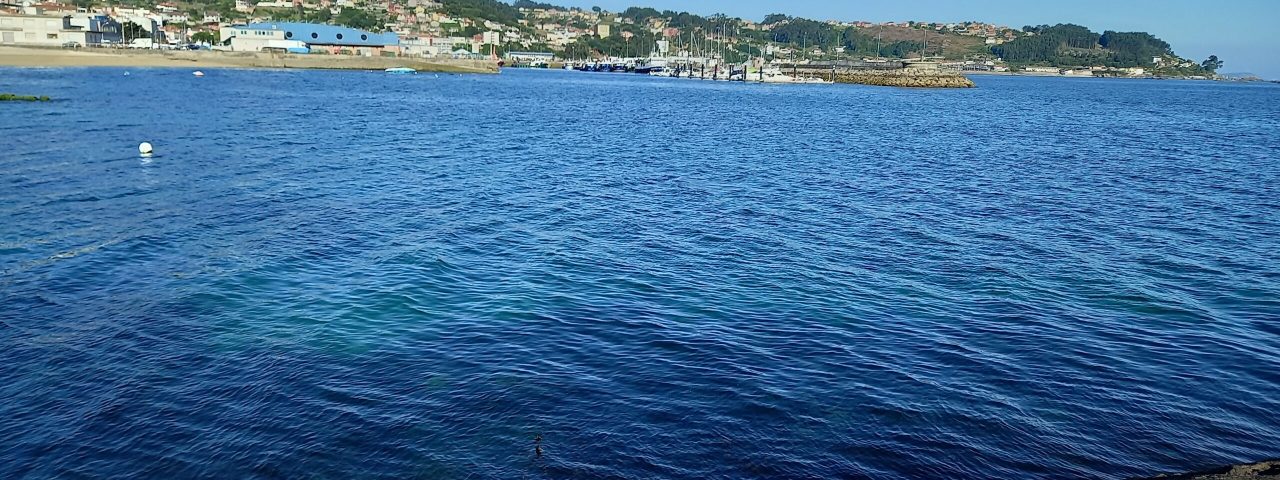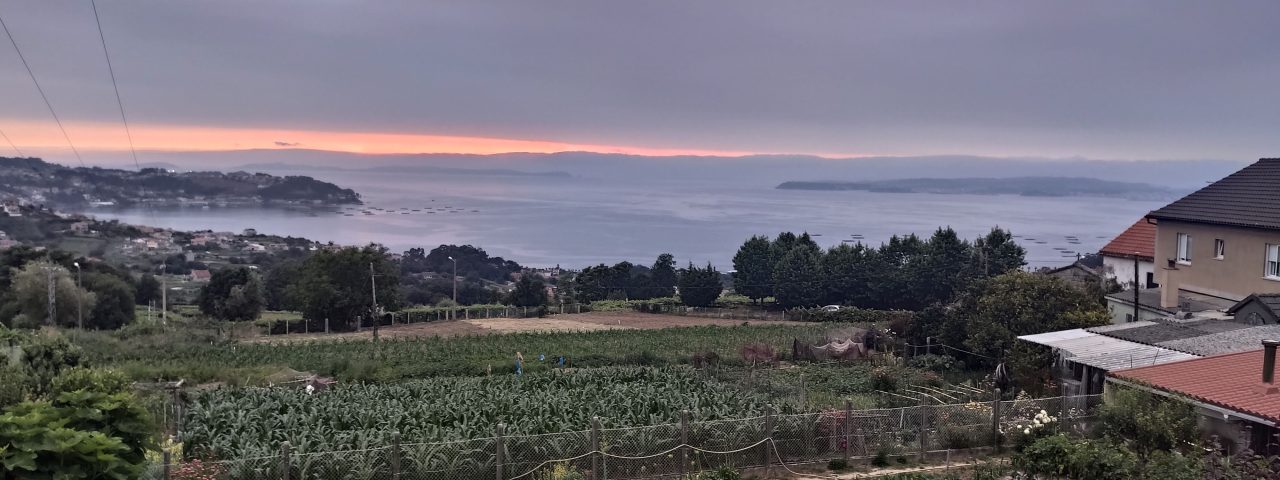Bueu has a long and rich history that dates back to ancient times. Archaeological findings suggest that the area was inhabited during the prehistoric period, with remnants of castros (ancient hillforts) still visible in nearby sites. The town was significantly influenced by Roman and Christian cultures, with the Romans taking advantage of its strategic coastal position and natural resources. In the Middle Ages, Bueu thrived as a fishing village, with its economy heavily tied to the sea, a legacy that remains alive today.
Culturally, Bueu is deeply rooted in Galician traditions, and the town’s festivals reflect this heritage. One of the most prominent events is the “Festa do Polbo” (Octopus Festival), held annually in August. This festival celebrates Bueu’s fishing traditions and highlights the local cuisine, with octopus being the star dish. The town also observes traditional Galician music and dance during festivities, with bagpipes and tambourines being integral to performances.
Local customs in Bueu include a deep respect for the natural environment and a focus on community life. Throughout the year, visitors can witness various religious festivals, such as processions during Holy Week, and experience the welcoming and friendly nature of the locals, who take great pride in their town’s rich history and cultural identity.
